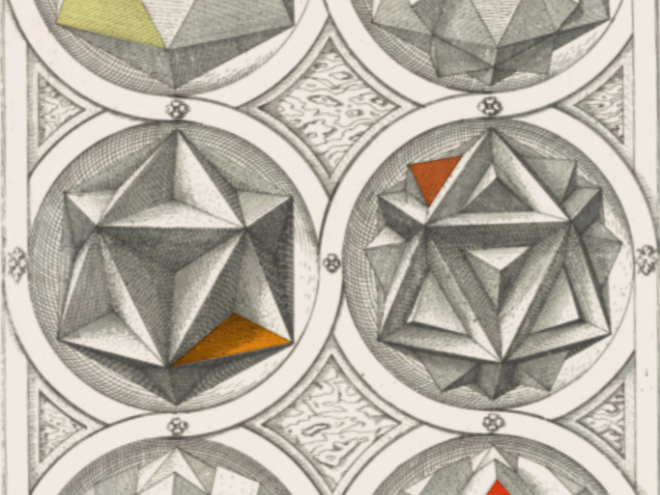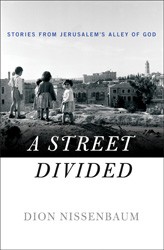In his new novel, Apeirogon, award-winning Irish writer Colum McCann has created a morally and aesthetically imaginative portrayal of the extent to which the Israeli-Palestinian conflict has wreaked havoc on innocent human beings on both sides.
Rami Elhanan, an Israeli graphic designer, and Palestinian Bassam Aramin, a scholar and former political prisoner, were loving parents whose worlds were viciously torn apart when their daughters became the victims of horrific violence. While it is unclear what drew McCann to their entwined stories of unbearable loss, there is no doubt that he succeeds brilliantly in capturing the complexity and humanity of his subjects. The novel is structured as a compilation of 1001 interwoven fragments (some as short as a sentence) which often serve as a midrashic commentary on transcripts of the deeply revealing interviews the author conducted with Bassam and Rami, which appear at the heart of the book in their original form, and illuminate both life in Israel and under Occupation. These brief sections often seem to perform a meditative or even musical function.
Boldly traversing disparate realms, such as the Song of Songs, cinema, the Himalayan highlands, medieval art, languages, a song by Prince, and, most of all, birds and their migrations, McCann reveals the invisible yet essential connections between all beings. Nonlinear and ever-expanding, this labyrinthine novel’s title, which derives from the Greek word for “boundless,” refers to a shape with a countably infinite number of sides, captures the essence of the author’s approach. But McCann’s stylistic daring never distracts us from the plainspoken nobility and moral bravery of the two grieving fathers whose intimate friendship and support for one another over many years (the two have frequently spoken together around the world as tireless opponents of the Occupation and champions of peace) becomes an absorbing tale of hope and love against great odds — and of what it means to challenge and overcome the dangerous mythologies of one’s tribe.
There are also gripping anecdotes concerning the tenuous origins of the groups Combatants for Peace and the Parents Circle, especially those similar to Rami, raised in a bubble of Zionist self-righteousness and ignorance about the daily lives of Palestinians, and poignant details about the close relationships between the men and their young daughters (eerily, the girls seem to have shared many of the same passions and quirks). In the aftermath of tragedy, both families remain strong, and though this is very much an indelible portrait of two men, the mothers of Abir and Smadar are never forgotten and McCann captures the reality of their lives throughout. For example, while both women support their husbands’ crusading public efforts against the Occupation and on behalf of coexistence, in her unrelenting grief Salwa Aramin “wanted only to pursue the ordinary. Even years after Abir’s death, the sellers in the marketplace still dropped a little extra in her shopping bag: a pear, a pinch more spice, some dates. She left the market with her bags overflowing.”
McCann is a generous, empathic, and inquisitive storyteller whose prose glimmers with startling imagery. Yet even the novel’s most dreamlike, surreal descriptions are always firmly grounded in the real, producing an unforgettable tapestry of life and death. Apeirogon’s fragmented narrative teaches us how the broken pieces might yet make us whole.
Ranen Omer-Sherman is the JHFE Endowed Chair in Judaic Studies at the University of Louisville, author of several books and editor of Amos Oz: The Legacy of a Writer in Israel and Beyond.




